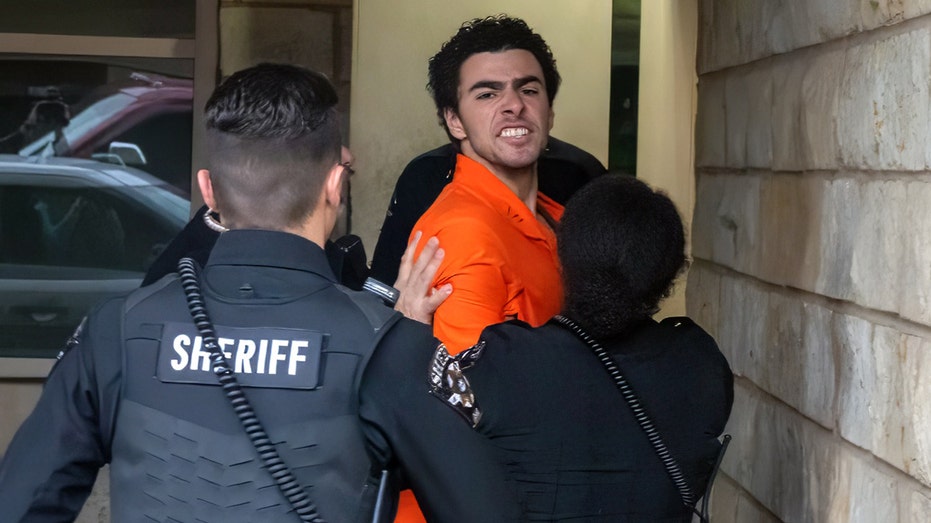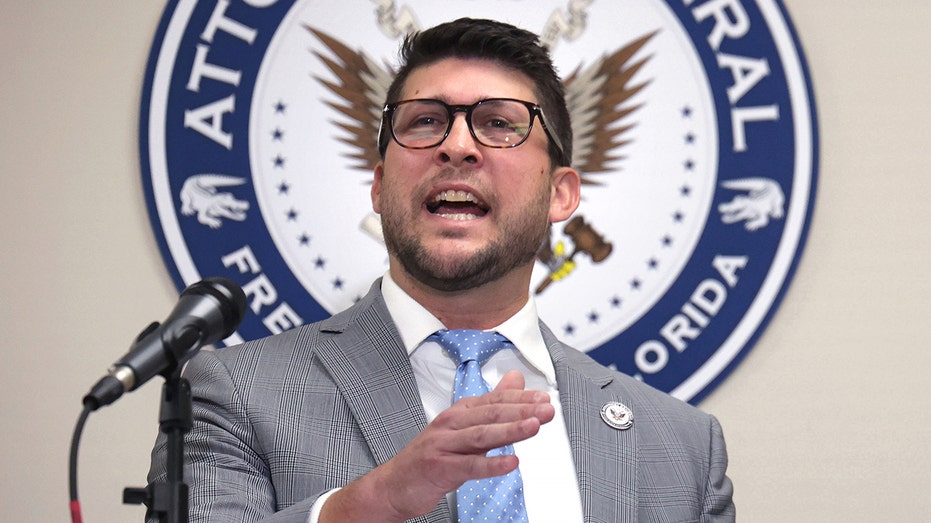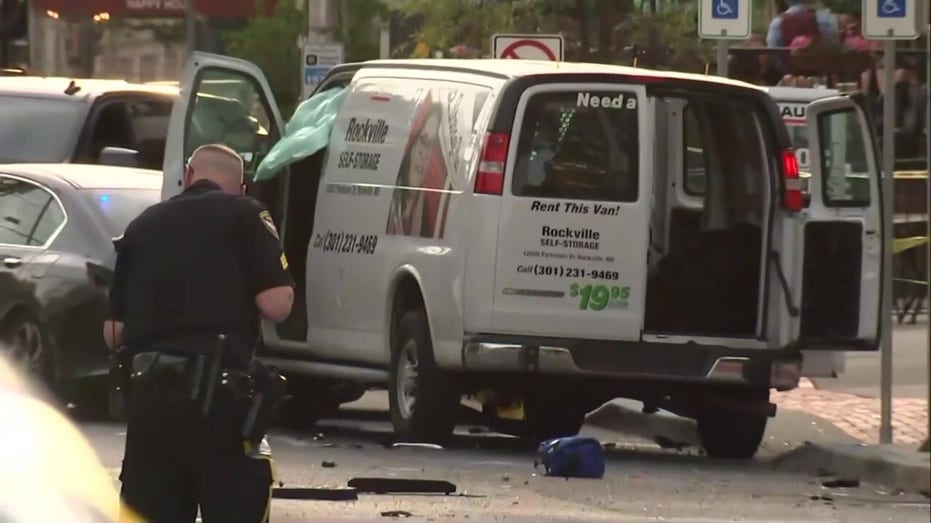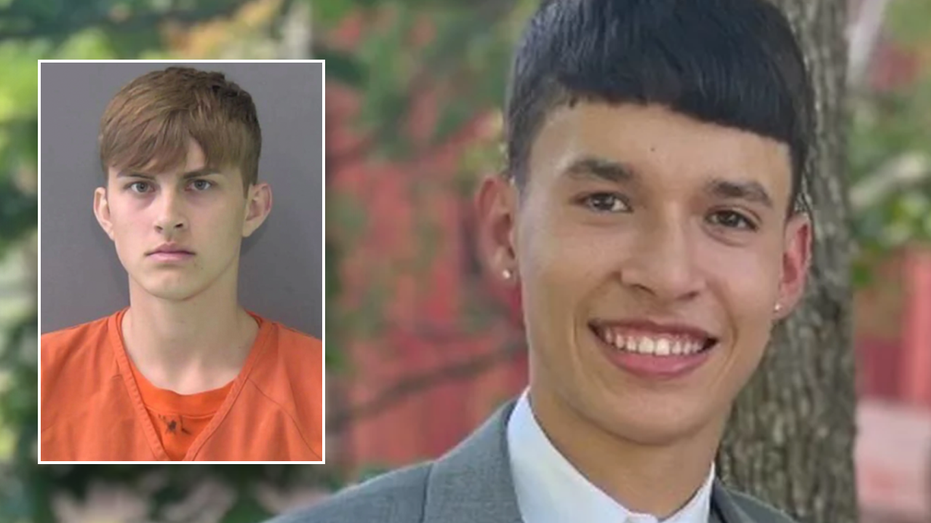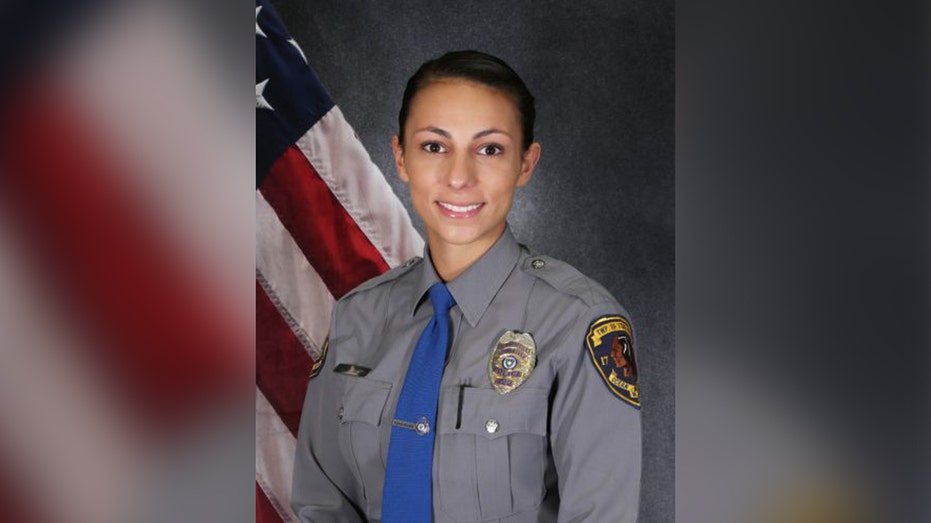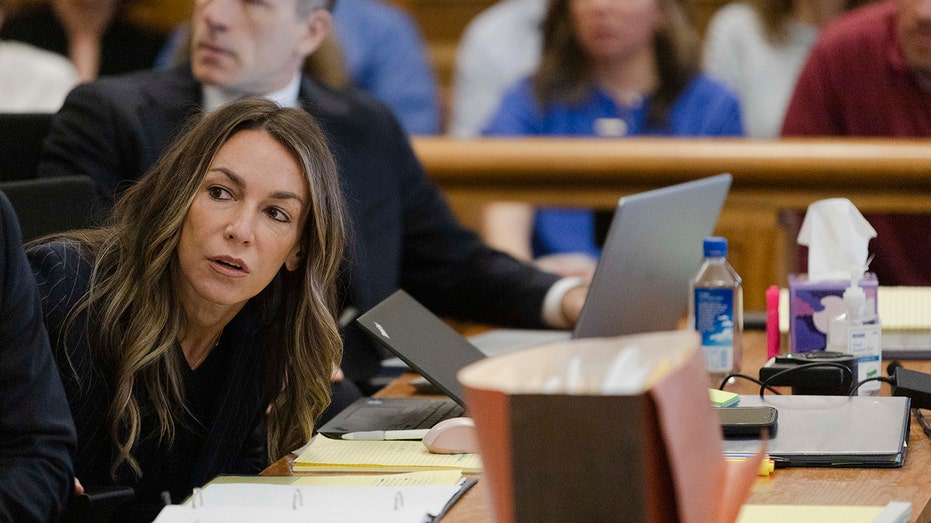
In a significant development in the retrial of KAREN READ, accused of murdering her Boston police officer boyfriend JOHN O’KEEFE, Judge BEVERLY CANNONE denied a motion by prosecutors to block key defense experts from testifying. The decision came despite concerns over missing text messages between experts at the ARCCA crash reconstruction firm and defense counsel, as well as missed discovery deadlines.
Judge Cannone acknowledged the prosecution’s grievances but emphasized that the defendant’s right to a fair trial remains paramount. “I understand completely the commonwealth’s argument, the ambush that has been set upon here,” she said. “However, a defendant’s right to a fair trial is paramount to everything. So I’m going to allow the ARCCA witnesses to testify. I’m going to allow what I expect will be a very robust cross-examination.”
The trial, which began on April 22, has entered its second week, but the ARCCA experts’ report is not expected to be finalized until May 7. Special prosecutor HANK BRENNAN argued that this delay unfairly disadvantages the state, but Judge Cannone ruled against his motion to exclude the testimony.
The ARCCA experts are expected to support the defense’s claim that Read’s SUV never collided with O’Keefe. Read faces charges of murder, manslaughter, and fleeing the scene for allegedly striking O’Keefe with her Lexus during a snowstorm and leaving him for dead. She has pleaded not guilty. Her first trial ended in a mistrial last year after the jury failed to reach a verdict.
Earlier in the day, JENNIFER MCCABE, a friend of O’Keefe who was with him the night before his death, testified about her relationship with O’Keefe and the events preceding his death. She is expected to return to the stand Wednesday.
Also testifying on Tuesday was digital forensics expert IAN WHIFFIN, who analyzed the phones of both O’Keefe and McCabe. Under cross-examination by defense attorney ROBERT ALESSI, Whiffin testified that location data suggested O’Keefe could have been inside 34 Fairview Road during the early hours of January 29, 2022. However, based on additional factors such as Apple Health data, phone battery temperature, and Doppler-related Face ID activity, Whiffin concluded that O’Keefe likely came to a stop near the flagpole on the front lawn and remained there until his body was discovered around 6 a.m.
Alessi challenged Whiffin’s findings, particularly his experiments involving placing a phone in a freezer and outside in December, which showed steeper temperature drops than those recorded on O’Keefe’s phone. Brennan countered that O’Keefe’s body may have been shielding the phone from the cold.
Whiffin also testified that McCabe’s search for the phrase “hos (sic) long to die in cold” occurred at 6:23 a.m.—after O’Keefe had been found—and not at 2:27 a.m., as the defense has argued. He demonstrated in court how a phone’s database files could produce an inaccurate timestamp, supporting the prosecution’s timeline.
The trial, expected to last six to eight weeks, continues to draw attention as both sides present their cases. Whiffin defended his findings, noting that his conclusions align with similar cases, including one in Europe involving a browser tab timestamp discrepancy.
[Sources: [Original News Link](https://example.com)]


